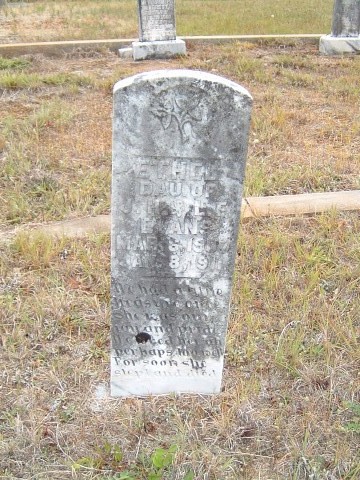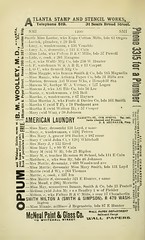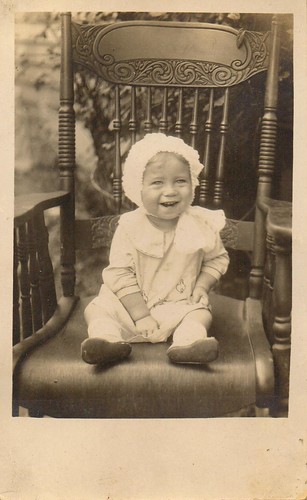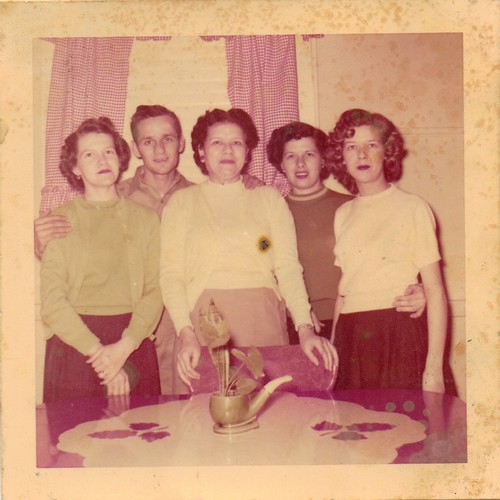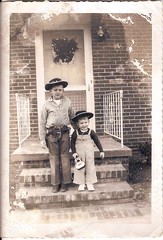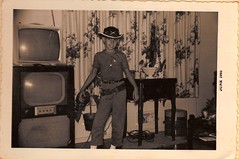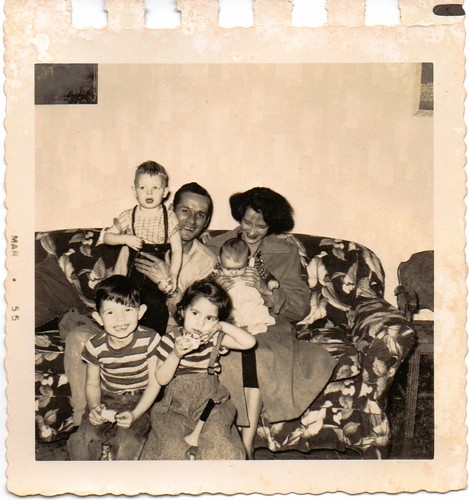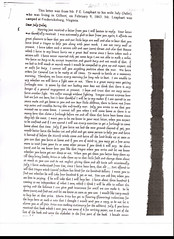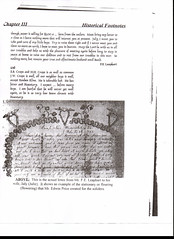___________________________________
This Holy Bible
Presented to
Roy Vernon Albea Sr
By
Lloyd Milton Albea Sr
Larry Dean Albea
Date
21st Day of November
1991 A.D.
___________________________________
This Certifies That
Roy Vernon Albea Sr
and
Betty Dolores Huyler
were wedded in
Holy Matrimony
on the First day of February
in the year of our Lord 1947
at Greenville, SC
by Rev Sparks
Witness Ruby Lee Waters "Mother"
Witness Lola Mae Buckner "Friend"
___________________________________
Births
Name Dates
All my children
Roy Vernon Albea Jr 8-28-49
June Elizabeth Albea 6-26-51
Charles Lee Albea 7-3-52
Ruby Louise Albea 8-26-54
Lloyd Milton albea 8-5-55
Larry Dean Albea 9-9-56
___________________________________
Wife's
Family Tree
Wife Betty Dolores Huyler
Brothers and Sisters [Blank]
| Mother Ruby Lee Waters | Father Vary Americus Huyler |
| Brothers and Sisters Mrs Ethel W Bouchillon | Brothers and Sisters [Blank] |
| Mrs. Alma W. Underwood | |
| Mr. L. C. Waters | |
| Mr. Milton Waters | |
| Mr. Jack Waters | |
___________________________________
Husband's
Family Tree
Husband Roy Vernon Albea Sear
Brothers and Sisters
Charles Ray Albea Twin Brother Deceased at 9 mos
Mrs. Frances Ninola A. Clary
Mrs. June Marie A. Wingard
Mrs. Pansy Cammellia A. Chandler
Charles Ray Albea Twin Brother Deceased at 9 mos
Mrs. Frances Ninola A. Clary
Mrs. June Marie A. Wingard
Mrs. Pansy Cammellia A. Chandler
| Mother Mamie Auline Witt Albea (Wilson) | Father Charles Vernon Albea |
| Brothers and Sisters Mr Wilburn Witt | Brothers and Sisters Paul, Melvin & Coleman |
| Patricia W. Stroud | Evalina & Mattie |
| Mr Truman L. Witt | |
| Mrs. Velma W. Cromer | |
| Mrs. Alyce W. Page | |
| Mrs. Gladys W. Fellows | |
| Grandfather William David Witt | Grandfather William A. Albea |
| Brothers & Sisters [Blank] | Brothers & Sisters [marked out] |
| Grandmother Mrs Ola Quatterbawm Witt | Grandmother Nina Sprouse Albea |
| Brothers & Sisters Mae & Ruby sisters | Brothers & Sisters [Blank] |
| Sam |

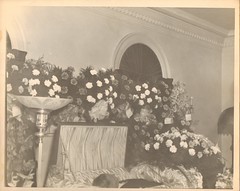
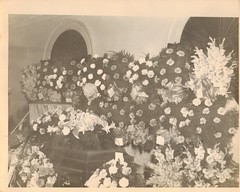
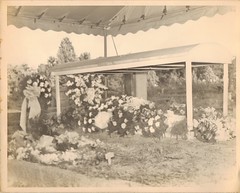
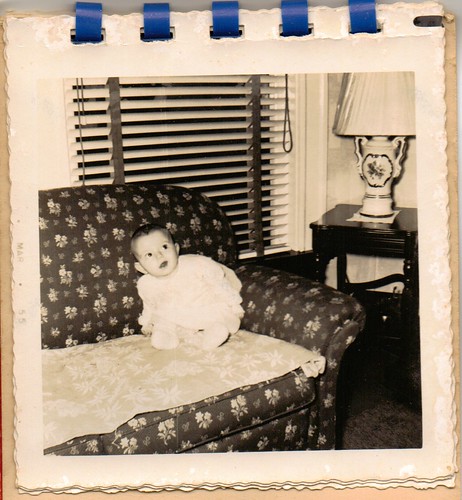
 Now, after seven years of research, I can tell you that didn't turn out to be the case.
Now, after seven years of research, I can tell you that didn't turn out to be the case.